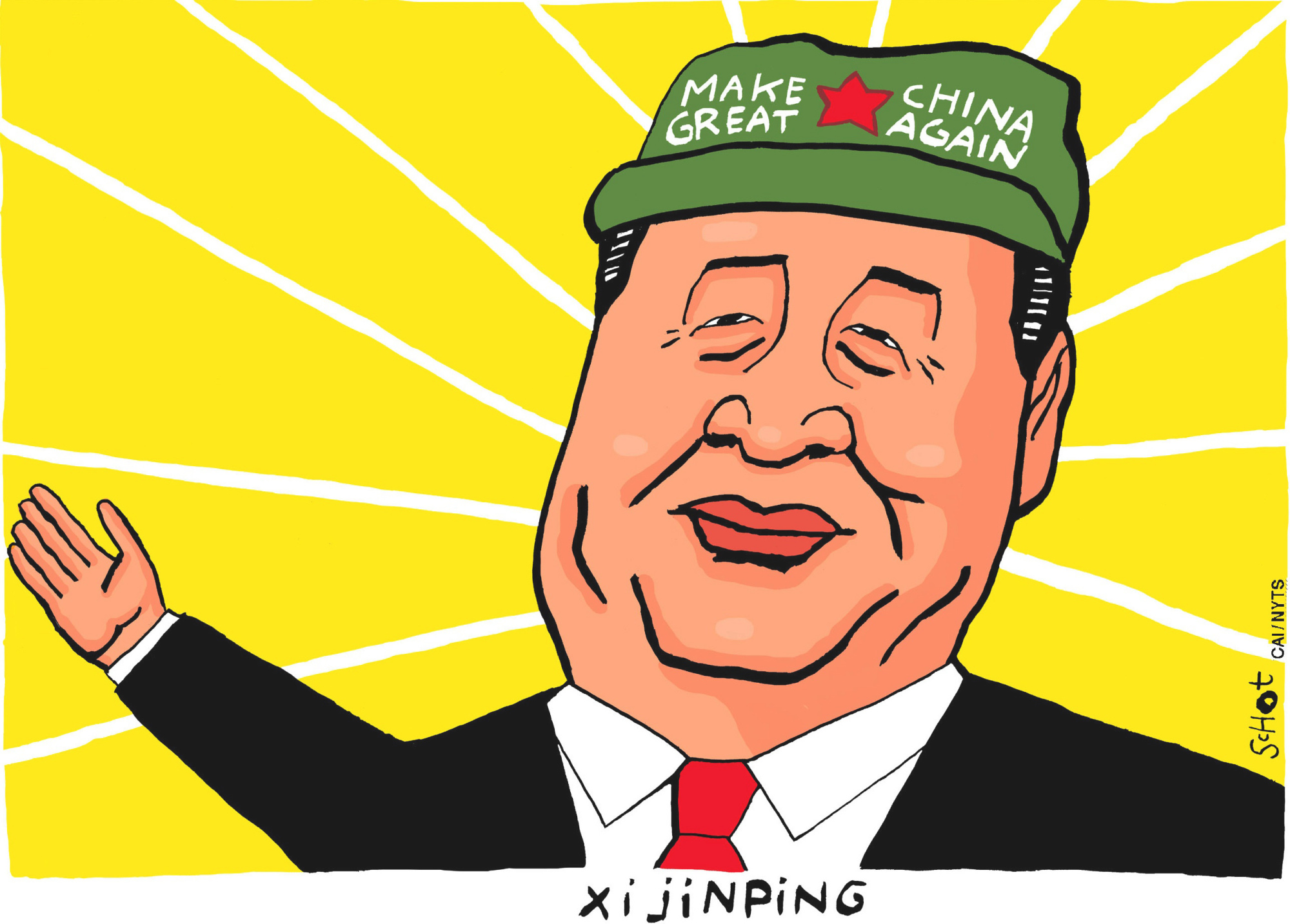Most Western media have characterized the recent 19th National Congress of the Communist Party of China as a pure power play, with President Xi Jinping entrenching his position. But the accumulation of political capital in this case is a means to an end. For Xi, that end is a smooth transition into modernity that cements the CCP's long-term authority and ensures his own legacy as modern China's most significant leader.
Xi knows that if China is to continue to thrive in a fast-changing world, he will need to manage deftly a major social and economic transformation, while, even more important, improving state governance. And, in order to secure the long-term survival of China's one-party system, he must reform state and party institutions; indeed, political reform is, for Xi, a prerequisite for economic reform. (And yet, he will carefully avoid what he considers the mistakes of the last Soviet president, Mikhail Gorbachev.)
Xi's motive in pursuing modernity is not, as many in the West have wrongly inferred, to establish China as a superpower on par with the United States; on the contrary, Xi views his current challenge and mission as being primarily domestic. He is motivated by the knowledge that success in this area will define his place in history. That, not the amount of authority he wields today, is his primary concern. Assuming otherwise sells Xi — and his political ingenuity — short.

















With your current subscription plan you can comment on stories. However, before writing your first comment, please create a display name in the Profile section of your subscriber account page.